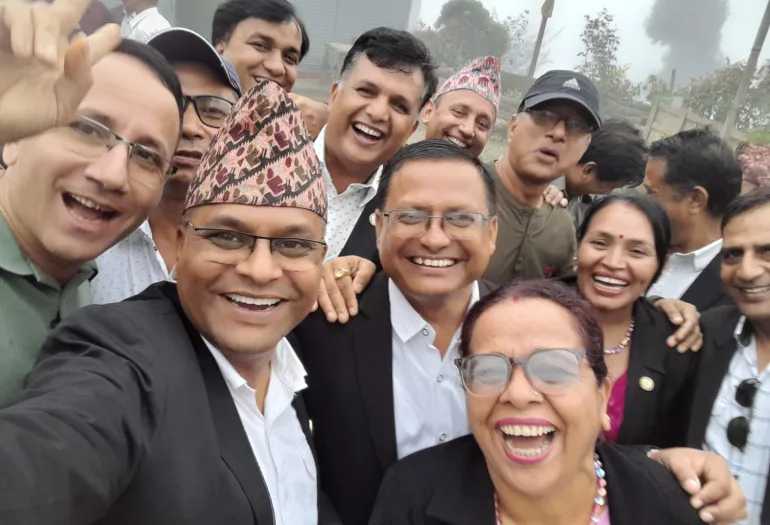Human Right Law
- Home
- Human Right Law

The purpose of our lifes is to be Happy
Human rights are rights inherent to all human beings, regardless of race, sex, nationality, ethnicity, language, religion, or any other status. Human rights include the right to life and liberty, freedom from slavery and torture, freedom of opinion and expression, the right to work and education
Human rights in Nepal are protected and promoted through various legal frameworks, including the constitution, international conventions, and national laws. The Constitution of Nepal, adopted in 2015, includes a comprehensive chapter on fundamental rights, ensuring the protection of individual liberties and freedoms. Here are key aspects of human rights in Nepal:
Constitutional Provisions: The Constitution of Nepal guarantees a range of fundamental rights to its citizens. These rights include the right to equality, right to life, right to freedom, right to privacy, and various other civil, political, economic, social, and cultural rights.
Right to Equality: The constitution prohibits discrimination on various grounds, including race, gender, ethnicity, religion, caste, and economic status. It emphasizes the principle of equal protection under the law.
Right to Life and Personal Liberty: The constitution recognizes the right to life as a fundamental right, and it provides protections against arbitrary arrest, detention, and torture. The prohibition of cruel, inhuman, or degrading treatment is emphasized.
Right to Freedom: Citizens are guaranteed various freedoms, including freedom of speech, expression, assembly, and association. The constitution upholds press freedom and recognizes the right to information.
Right to Education: The constitution recognizes the right to education as a fundamental right. It mandates the provision of free and compulsory education up to the basic level and aims to eliminate illiteracy.
Right to Health: The constitution includes provisions related to the right to health and envisions the creation of an environment conducive to the overall well-being of citizens.
Right to Housing: There are constitutional provisions related to the right to housing, emphasizing the importance of access to housing and shelter for all citizens.
Rights of Women, Children, and Marginalized Groups: The constitution specifically addresses the rights of women, children, Dalits, indigenous groups, and other marginalized communities. It includes affirmative action provisions to promote social inclusion and address historical inequalities.
International Human Rights Treaties: Nepal is a party to various international human rights treaties, including the International Covenant on Civil and Political Rights (ICCPR) and the International Covenant on Economic, Social and Cultural Rights (ICESCR). The country is committed to upholding the standards set by these treaties.
National Human Rights Commission: Nepal has a National Human Rights Commission (NHRC) established to monitor, investigate, and promote human rights. The NHRC plays a crucial role in addressing human rights violations, conducting inquiries, and making recommendations.
Challenges and Concerns: Despite legal provisions, there have been challenges and concerns related to the implementation and enforcement of human rights in Nepal. Issues such as transitional justice, access to justice, and addressing discrimination and violence against certain groups remain focal points.
It's important to stay informed about the evolving human rights situation in Nepal by referring to official sources such as the National Human Rights Commission, government reports, and reputable human rights organizations. The protection and promotion of human rights involve ongoing efforts to address challenges and ensure the effective implementation of legal safeguards.